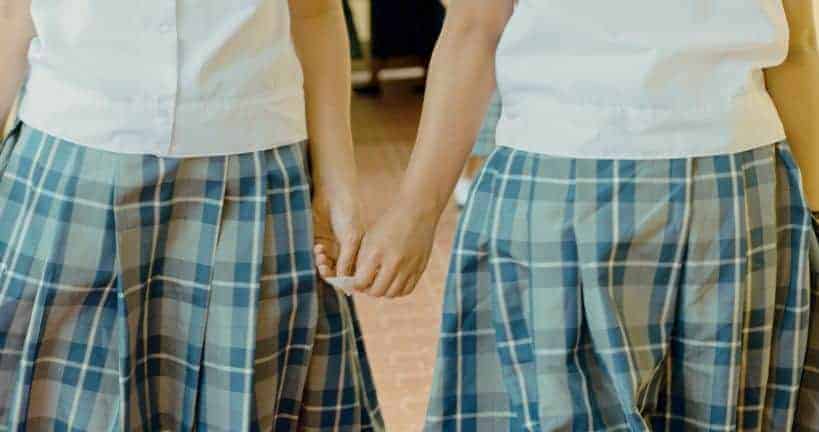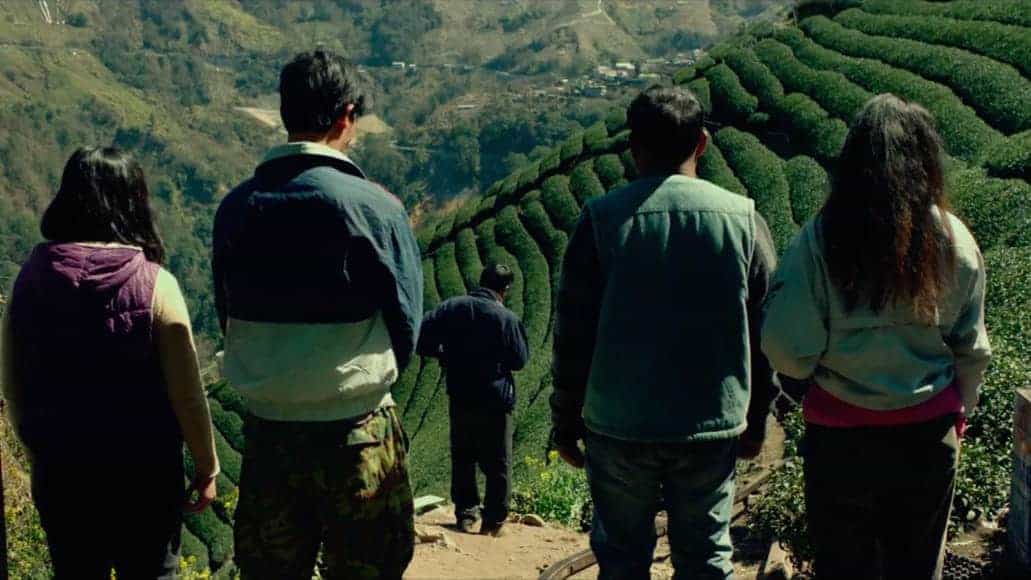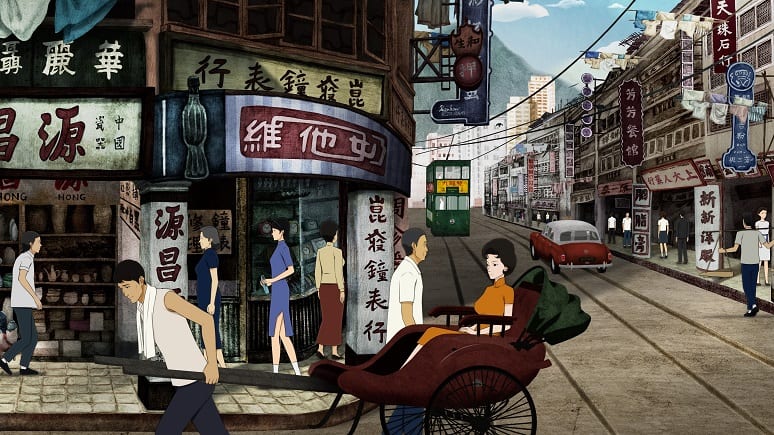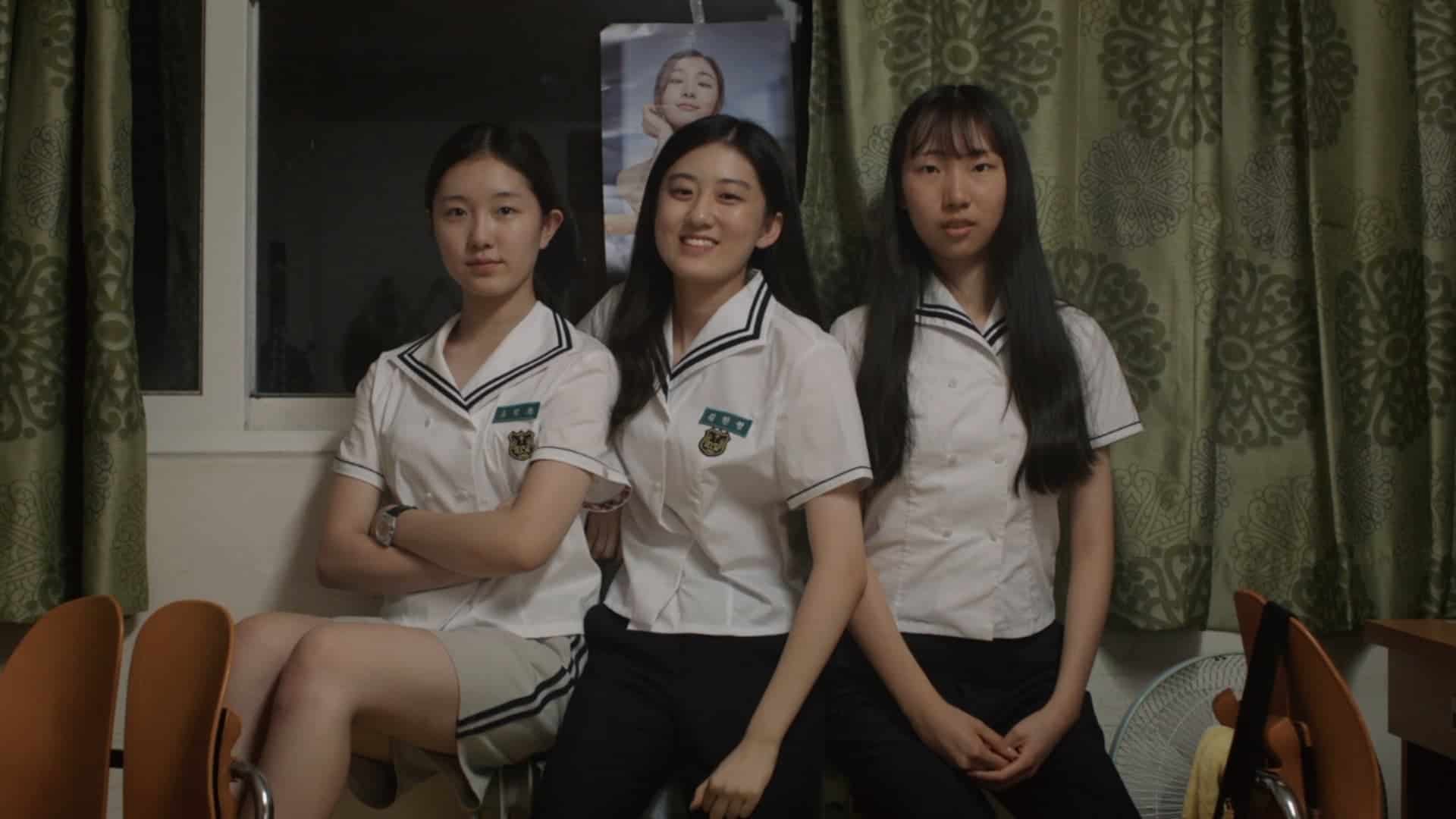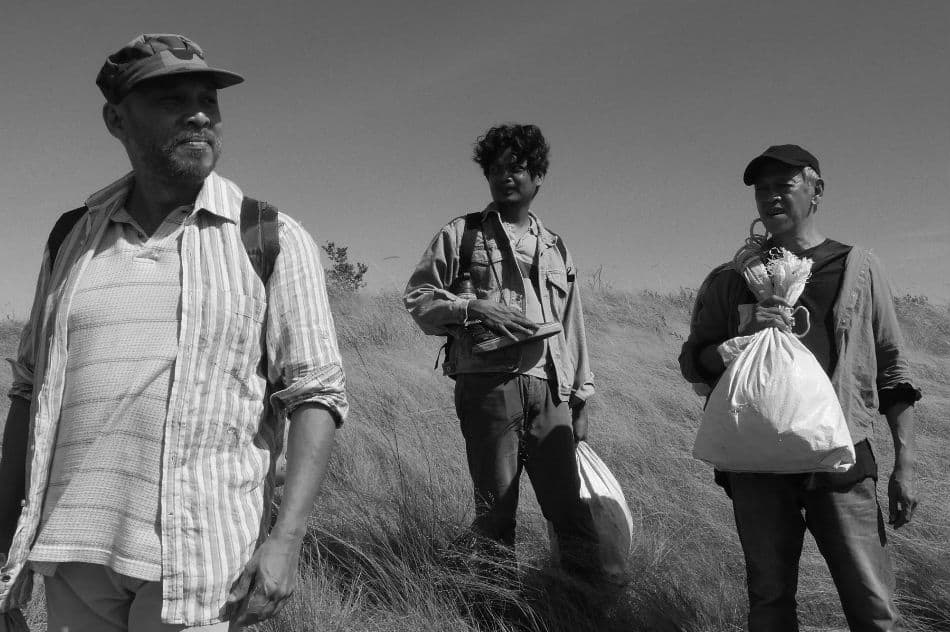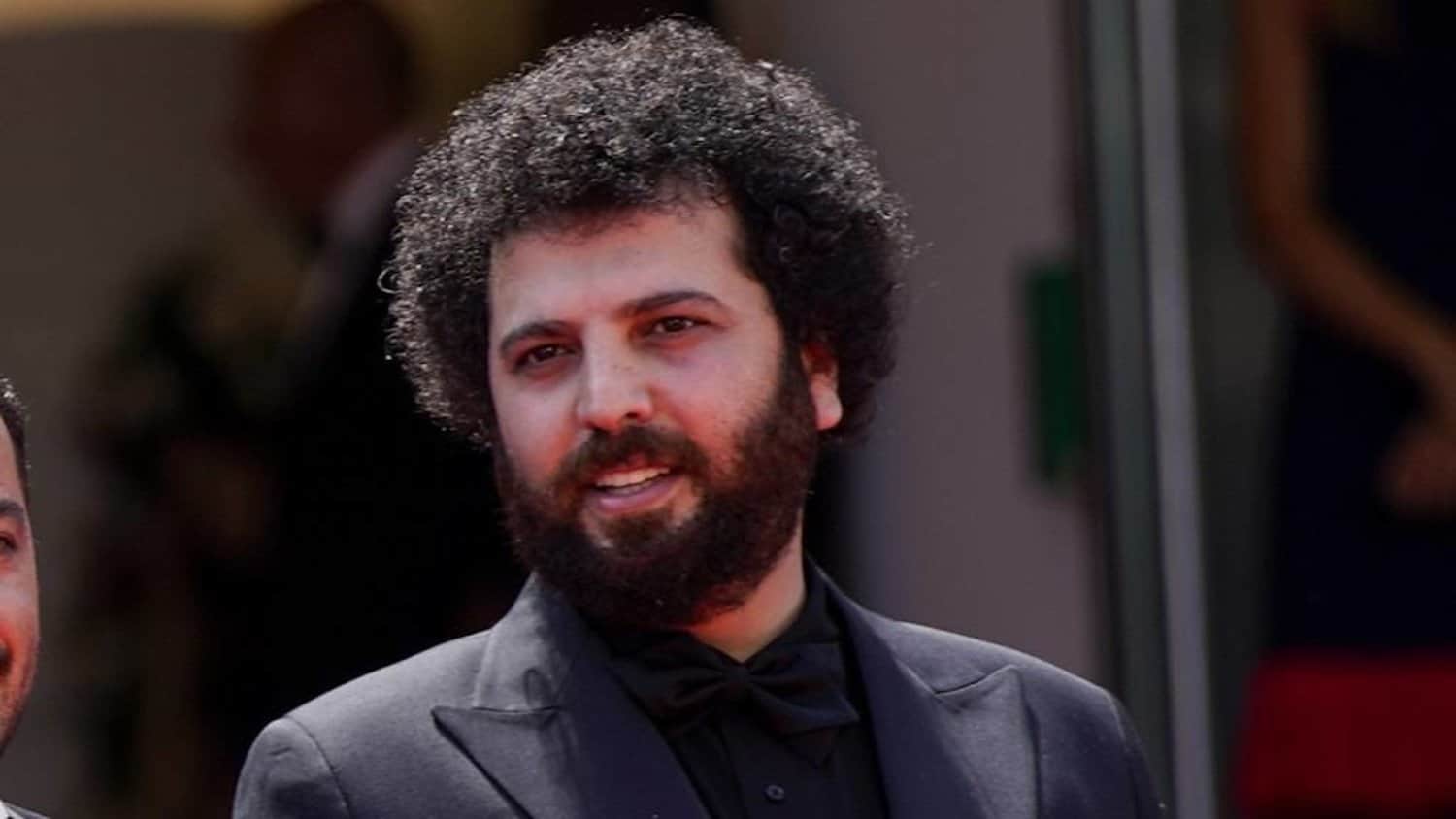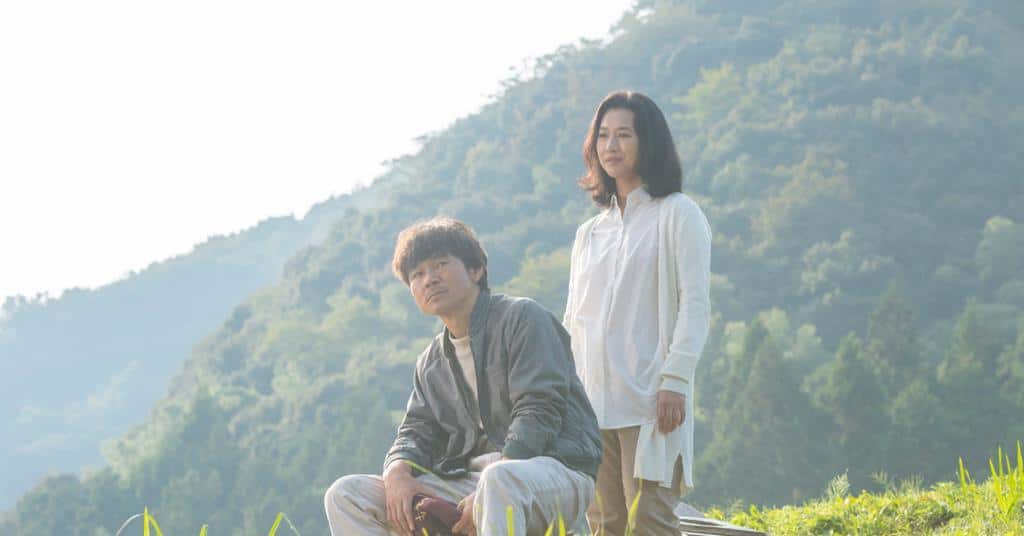Samantha Lee is a filmmaker who advocates for a better representation of women and the LGBTQ+ community in the local cinema. Her first film, “Baka Bukas” has won various awards both here and abroad, most notably winning the “Emerging Talent Award” at Outfest 2017- the biggest LGBTQ+ film festival in the world. It has screened in festivals in New York, San Francisco, Vancouver, Osaka, Melbourne, Madrid, and Hamburg.
“Billie and Emma”, her sophomore feature screens at the 13th Slovak Queer Film Festival (16 – 21 October 2019).
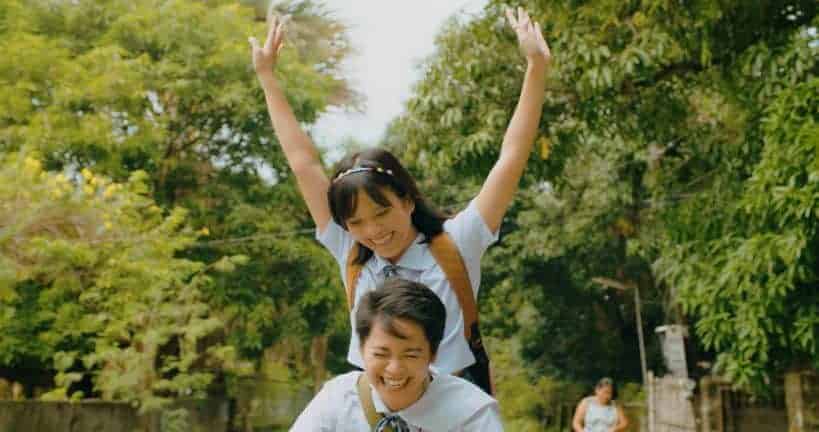
You say “Billie and Emma“ is – as well as your debut “Baka Bukasa“ – a film you wished to have a chance to see in cinemas as a teenager. What kind of films did you watch as a teenager?
I grew up in the mid-90s so there wasn't a lot of access to media back then in the same way that we have now with social media, YouTube, and various streaming platforms. We didn't even have cable! I didn't see a lot of representation of myself or the self I wanted to see in the media that was available to me. So I wanted to be able to contribute to the representation of the LGBTQ+ community through my films.
If you compare LGBTQIA+ films for teens then and now, what is the biggest difference? Can we talk about a big change at all?
I think the biggest difference is the availability and access that teens have now to films both new and old.
What are the most annoying and wrong stereotypes you see in queer films and queer films for teenagers especially?
In Philippine media, gays and lesbians are most commonly portrayed as the ultra-feminine parlor gay or the hyper-masculine butch lesbian and they are most commonly the punchline of a joke without having much depth or stories of their own.
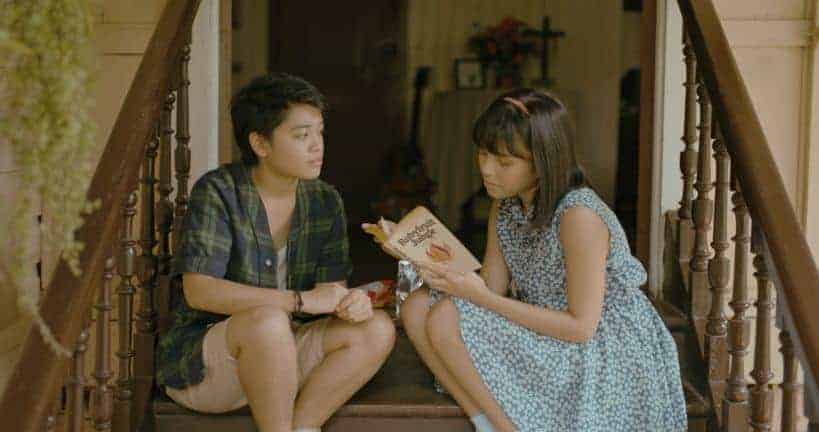
“Billie and Emma” is set in the 1990s and the main protagonists attend Catholic school. What lead you to this decision? What is the relation between the Catholic Church in the Philippines and the LGBTQIA+ people?
The Philippines is a very Catholic and conservative country – we are one of the two countries left in the world without divorce (the other one is the Vatican) and religion has a lot of weight in the way we are governed as a people. I went to a Catholic school for fourteen years and I wanted to portray the hypocrisies the Church has, especially when it comes to treating members of the LGTBQ+ community.
How important is the fact that you as the writer & director and Zar Donato and Gabby Padilla as protagonists of Billie and Emma are queer?
Gabby Padilla is not queer but it was important for me to cast real queer women in the definite queer roles of the film because there aren't a lot of out queer actresses in the Philippines. I wanted kids to feel like they could get into this profession and be proud of their identities at the same time.
Emma's mum is raising her as a single parent. Billie is sent to her aunt. And overall, the majority of the characters are women. Was this one of the things you had in mind before or while writing the script. Or is it the other way around – this situation is “just“ a natural result of the different decision(s)?
The four main women in the film are all outcasts in their own ways and I just wanted to create a world where these women are flawed but there is no judgment cast upon them. They are all doing their best with what they have at that time.
What aspects of queer identity/sexuality would you like to portray next?
I want to be able to explore the world of queerness and disability.
